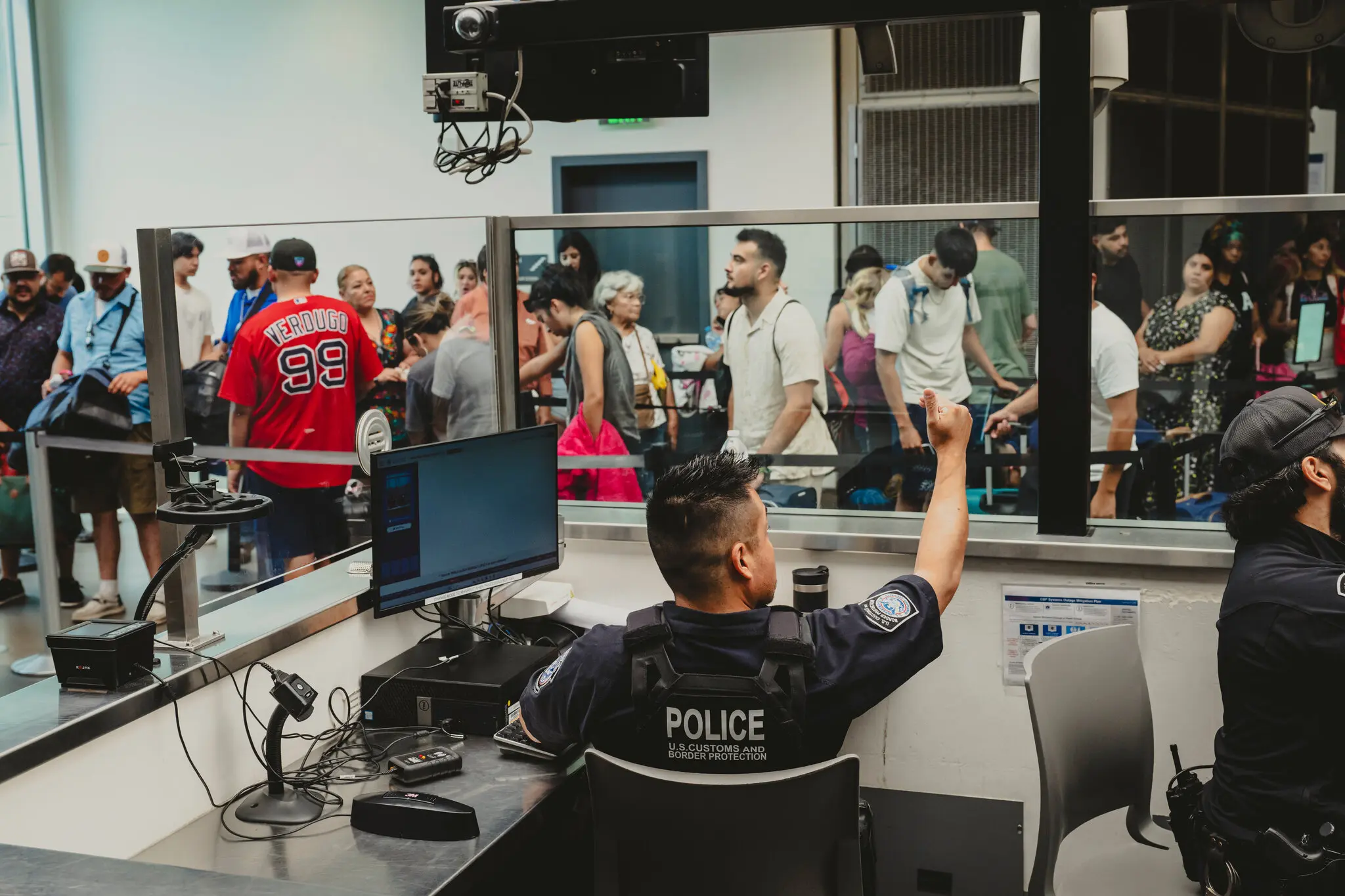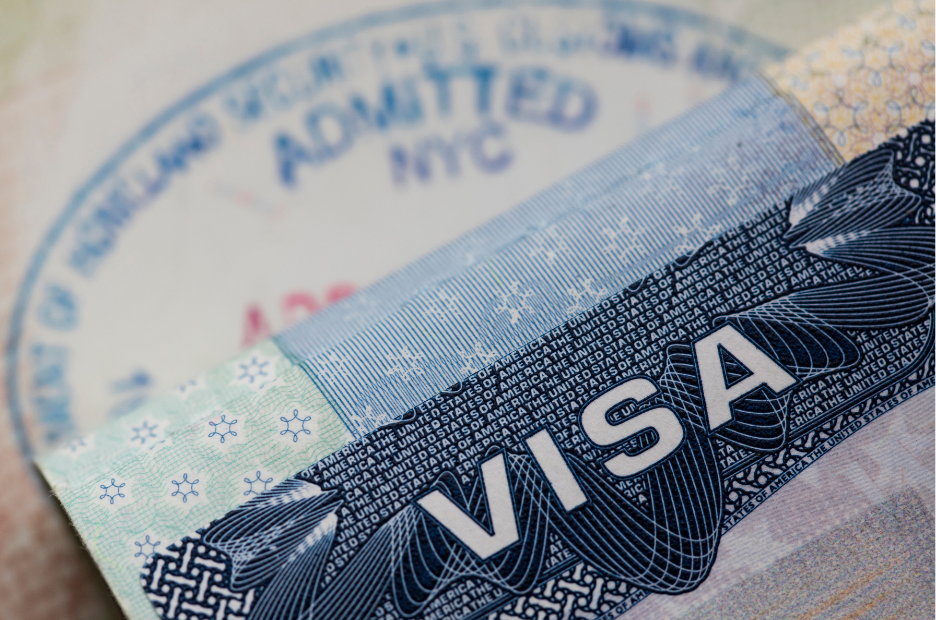
As Trump Broadens Crackdown, Focus Expands to Legal Immigrants and Tourists
They detained two German tourists for weeks when they tried to enter the country legally through the southern border. They knocked on doors at Columbia University apartments, searching for pro-Palestinian protesters. The Trump administration has opened a new phase in its immigration agenda, one that goes well beyond the mass deportation of undocumented immigrants.
U.S. border officials are using more aggressive tactics, which the administration calls “enhanced vetting,” at ports of entry to the United States, prompting American allies like Germany to update their travel advisories. At the same time, the administration is targeting legal immigrants who have expressed views that the government believes threaten national security and undermine foreign policy.
The tactics have unnerved foreign tourists and sent a chill through immigrant communities in the United States, who say they are being targeted for speech — not for breaking any laws.
“Whether it’s speech and criticism, green cards, they’re really taking it to a whole new level,” said Gil Kerlikowske, a former Customs and Border Protection commissioner and an ex-police chief of four cities. Recalling the anti-immigration agenda in Mr. Trump’s first term, Mr. Kerlikowske said that “it’s déjà vu all over again on steroids.”
The administration says the arrests and detentions are about protecting Americans. “The Trump administration is enforcing immigration laws — something the previous administration failed to do,” Tricia McLaughlin, the spokeswoman for the Homeland Security Department, said when asked about the recent arrests. “Those who violate these laws will be processed, detained and removed as required.”
Mr. Trump’s hard line on immigration has been a centerpiece of his political identity for years.
On his first day back in office, he signed an executive order that aimed to empower border officers by directing the administration to “identify all resources that may be used to ensure that all aliens seeking admission to the United States, or who are already in the United States, are vetted and screened to the maximum degree possible.”
Customs agents have wide latitude to search cellphones or computers of travelers crossing into the United States. According to Customs and Border Protection, however, such searches have typically been rare. In 2024, less than 0.01 percent of arriving international travelers had their electronic devices searched, the agency said.
SHARE















